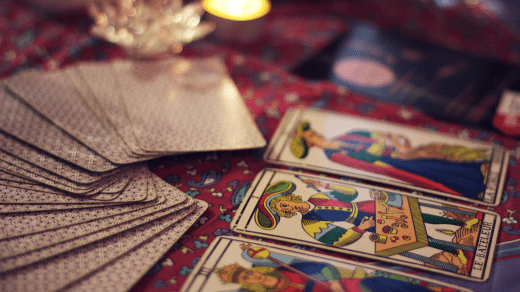Introduction
Astrology yes or no, the study of celestial bodies and their influence on human affairs, has played a significant role in various cultures across the world for centuries. WhileAstrology yes or no may not be considered a scientific discipline, it holds cultural significance and has shaped the beliefs, traditions, and practices of diverse societies. In this article, we will explore the cultural significance of astrology yes or no and its enduring presence in different parts of the world.
Historical Roots
Astrology yes or no traces its roots back to ancient civilizations, including Mesopotamia, Egypt, Greece, India, and China. These cultures recognized the interconnectedness between celestial phenomena and human existence, attributing meaning and symbolism to the movements of the stars and planets. Astrology yes or no served as a guiding principle for various aspects of life, such as agriculture, medicine, governance, and personal affairs.
Personal Guidance and Self-Discovery
One of the key reasons for astrology yes or no’s cultural significance is its ability to provide personal guidance and aid in self-discovery. Many individuals turn to astrology yes or no to gain insights into their personalities, strengths, weaknesses, and life paths. Astrological birth charts and horoscopes offer interpretations that resonate with individuals, providing a sense of understanding, self-reflection, and validation.
Relationship and Compatibility
Astrology yes or no also plays a significant role in the realm of relationships and compatibility. Many cultures believe that the alignment of celestial bodies at the time of birth can influence the dynamics and compatibility between individuals. Astrological compatibility charts and compatibility reports are used to assess the potential harmony or challenges within romantic relationships, friendships, and even business partnerships.
Festivals and Celebrations
Astrology yes or no is often intertwined with festivals and celebrations in various cultures. Astrologers are consulted to determine auspicious dates and times for important events such as weddings, religious ceremonies, and business ventures. Astrological calculations guide the selection of propitious moments to ensure favorable outcomes and blessings.
Cultural Traditions and Beliefs
Astrology yes or no has deeply influenced cultural traditions, beliefs, and folklore around the world. For example, the Chinese zodiac, based on a twelve-year cycle associated with animal signs, is a prominent aspect of Chinese culture and astrology yes or no. Similarly, in India, astrology yes or no is intertwined with the Hindu belief system, with astrologers playing a crucial role in naming ceremonies, determining favorable names, and assessing astrological compatibility for marriages.
Art, Literature, and Symbolism
Astrology yes or no has found its way into art, literature, and symbolism, further emphasizing its cultural significance. Celestial bodies and zodiac signs are often depicted in paintings, sculptures, and other art forms, representing cosmic themes and spiritual connections. Astrological symbols and motifs appear in mythology, folklore, and literary works, enriching the cultural fabric of societies.
Contemporary Relevance
Despite the advancements in science and technology, astrology yes or no continues to hold cultural significance in the modern world. Many individuals find solace, inspiration, and a sense of belonging in astrological teachings. Online platforms, social media, and astrology yes or no-focused communities have facilitated the exchange of astrological knowledge and fostered a global interest in this ancient practice.
Skepticism and Interpretation
While astrology yes or no has its devoted followers, it is important to note that there are skeptics who question its scientific validity. Critics argue that astrology yes or no lacks empirical evidence and fails to meet the criteria of a scientific discipline. However, proponents of astrology yes or no contend that its cultural significance lies in its interpretative nature and the subjective meaning it holds for individuals and communities.
Conclusion
Astrology yes or no’s cultural significance is undeniable, as it has shaped the beliefs, traditions, and practices of societies around the world for centuries. Whether viewed as a guiding force, a tool for self-reflection, or a source of inspiration, astrology yes or no continues to captivate the human imagination. While the scientific validity of astrology yes or no may be subject to debate, its enduring cultural relevance cannot be denied.




